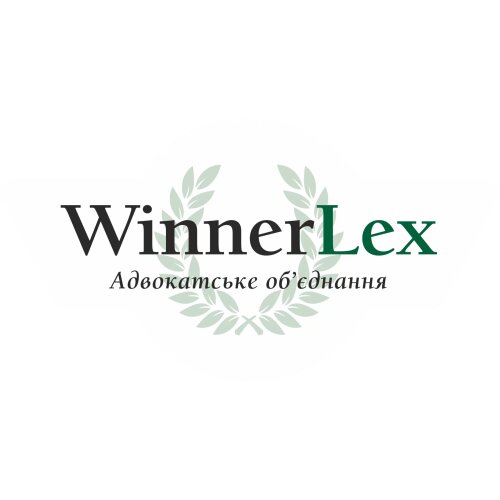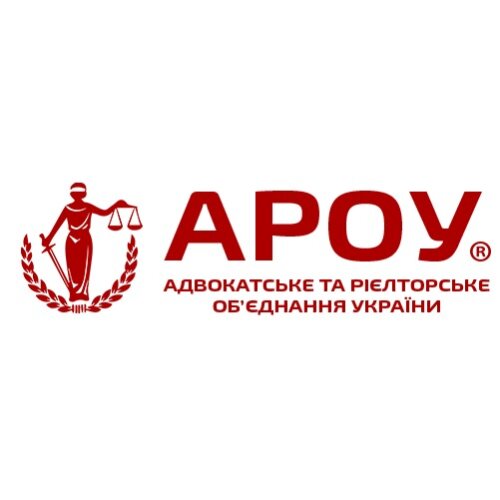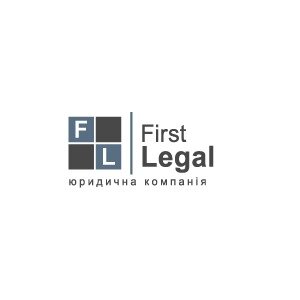Best International Trade Law Lawyers in Ukraine
Share your needs with us, get contacted by law firms.
Free. Takes 2 min.
Or refine your search by selecting a city:
List of the best lawyers in Ukraine
About International Trade Law in Ukraine
International Trade Law in Ukraine governs the rules and regulations related to the cross-border exchange of goods and services. It encompasses a wide range of legal aspects, including trade agreements, tariffs, export and import controls, and customs procedures. Ukraine, as a member of the World Trade Organization (WTO), aligns its trade policies to comply with international standards. The country's legal framework is designed to promote smooth, efficient, and fair trade operations, aiming to protect local businesses while integrating with the global economy.
Why You May Need a Lawyer
There are several situations where individuals or businesses may need legal assistance in International Trade Law:
- Dispute Resolution: Navigating disputes related to international contracts or transactions requires legal expertise.
- Trade Compliance: Ensuring adherence to export/import regulations and international trade agreements can be complex.
- Customs Issues: Legal issues regarding classification, valuation, or origin of goods can arise during customs clearance.
- Tariff and Tax Matters: Legal advice is needed for understanding and optimizing trade tariffs and taxes.
- Sanctions and Embargoes: Navigating the complexities of international sanctions requires legal guidance.
Local Laws Overview
Ukraine's local laws in the domain of international trade include several critical aspects:
- Customs Code: Governs import and export procedures, including duties, valuations, and compliance checks.
- Trade Agreements: Ukraine is part of several bilateral and multilateral agreements affecting trade terms and conditions.
- Export/Import Regulations: These include licensing requirements, product standards, and safety regulations.
- Sanctions Compliance: Regulations regarding adherence to international sanctions to ensure lawful trading operations.
- Intellectual Property Rights: Protection of patents, trademarks, and copyrights within trade processes.
Frequently Asked Questions
What is the role of a customs broker in Ukraine?
A customs broker assists in ensuring that goods clear through customs efficiently by filing necessary documentation and paying duties on behalf of importers or exporters.
Are there any trade barriers I should be aware of when trading with Ukraine?
Ukraine implements various non-tariff barriers, such as product standards and certification requirements, which vary by industry and product type.
How does Ukraine enforce international trade agreements?
Ukraine implements these agreements through national legislation and regulatory bodies, ensuring compliance with obligations under contracts and treaties.
What are Ukraine's major export products?
Ukraine is a leading exporter of agricultural products such as grain and vegetable oils, metals like steel and iron, and manufactured goods such as machinery and equipment.
How can I verify the legality of a trading partner in Ukraine?
Legal due diligence, utilizing national business registries, and seeking commercial reports from third-party agencies can verify a partner's legitimacy.
What should I do if my goods are held up at Ukrainian customs?
Consult with a legal expert or a customs broker to understand the reasons for the hold-up and facilitate the clearance process.
Does Ukraine impose export controls on technology or strategic goods?
Yes, Ukraine has export controls on strategic goods and technology, particularly those related to security, requiring specific licenses.
What is the process for resolving trade disputes in Ukraine?
Trade disputes can be resolved through negotiations, mediation, arbitration, or litigation, depending on the terms specified in the trade agreements or contracts.
How do currency controls affect international trade in Ukraine?
Ukraine has regulations on currency exchange and repatriation that might affect payments and settlements in international trade deals.
What are the reporting requirements for foreign companies in Ukraine?
Foreign companies must comply with reporting and registration requirements, depending on their form of establishment and activities.
Additional Resources
Here are some resources and organizations that can offer valuable assistance with International Trade Law in Ukraine:
- State Customs Service of Ukraine: For all customs-related queries and procedures.
- Ministry of Economic Development, Trade and Agriculture: Provides information on trade agreements and economic policies.
- Ukrainian Chamber of Commerce and Industry: Offers services such as legal advice, certifications, and market analysis.
- World Trade Organization (WTO): Resources about Ukraine's obligations and rights under international trade policies.
Next Steps
If you require legal assistance in International Trade Law, consider the following steps:
- Consultation: Schedule a meeting with a legal expert who specializes in international trade to discuss your specific needs.
- Documentation: Gather all relevant documents, such as contracts, correspondence, and customs declarations, to facilitate the legal consultation.
- Research: Learn about the legal requirements pertinent to your trade activities and stay informed about changes in regulations.
- Engage a Lawyer: Hire a lawyer with expertise in International Trade Law to navigate the complexities and safeguard your interests effectively.
Lawzana helps you find the best lawyers and law firms in Ukraine through a curated and pre-screened list of qualified legal professionals. Our platform offers rankings and detailed profiles of attorneys and law firms, allowing you to compare based on practice areas, including International Trade Law, experience, and client feedback.
Each profile includes a description of the firm's areas of practice, client reviews, team members and partners, year of establishment, spoken languages, office locations, contact information, social media presence, and any published articles or resources. Most firms on our platform speak English and are experienced in both local and international legal matters.
Get a quote from top-rated law firms in Ukraine — quickly, securely, and without unnecessary hassle.
Disclaimer:
The information provided on this page is for general informational purposes only and does not constitute legal advice. While we strive to ensure the accuracy and relevance of the content, legal information may change over time, and interpretations of the law can vary. You should always consult with a qualified legal professional for advice specific to your situation.
We disclaim all liability for actions taken or not taken based on the content of this page. If you believe any information is incorrect or outdated, please contact us, and we will review and update it where appropriate.
Browse international trade law law firms by city in Ukraine
Refine your search by selecting a city.

















